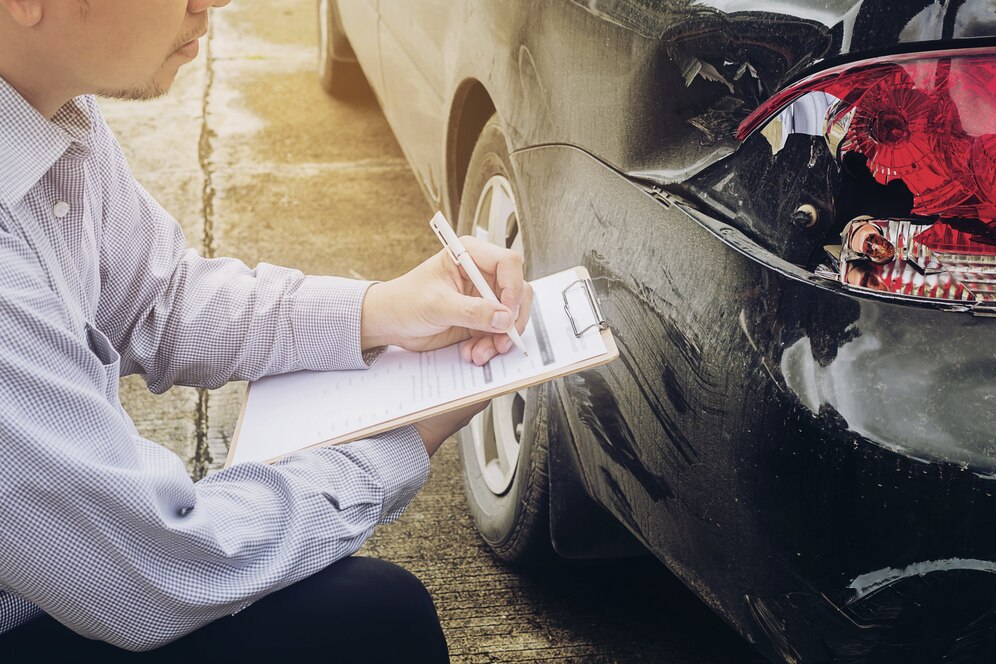Introduction
Your car is a complex machine that communicates through sounds, smells, vibrations, and dashboard indicators. Ignoring the early warning signs can lead to expensive repairs, dangerous breakdowns, or even accidents. Knowing what to watch out for can help you catch problems before they become major — and potentially life-threatening — issues.In this article, we’ll explore the top warning signs that your car needs immediate repair, what they might indicate, and why it’s crucial not to ignore them.

Check Engine Light is Blinking (Not Just On)
What It Means:
A solid check engine light is a warning, but a blinking or flashing light means something is seriously wrong — like a misfiring engine that could cause damage to the catalytic converter.
What to Do:
Pull over safely, turn off the engine, and call a mechanic or roadside assistance. Continuing to drive can make the problem worse.
Strange Noises (Grinding, Knocking, or Squealing)
What It Means:
Grinding brakes could indicate worn brake pads.
Knocking from the engine might suggest internal damage.
Squealing belts could mean the serpentine belt is loose or worn.
What to Do:
Get the car inspected immediately. Driving with worn brakes or engine issues can be extremely dangerous.
Smoke or Steam from Under the Hood
What It Means:
Steam usually means the engine is overheating.
Smoke could indicate an oil leak or electrical issue.
What to Do:
Stop the car, turn off the engine, and open the hood only once it’s cooled. Never drive an overheating car — it can destroy the engine.
Fluid Leaks
What It Means:
Bright green/yellow fluid: Coolant leak
Reddish fluid: Transmission or power steering fluid
Dark brown/black fluid: Engine oil
Clear fluid: Possibly water from AC (normal)
What to Do:
Identify the source of the leak. Leaking fluids can lead to major failures — such as engine overheating, loss of transmission power, or brake failure.
Burning Smell While Driving
What It Means:
Burning oil smell could indicate an oil leak
Burning rubber might mean a belt or hose is melting
Burnt carpet smell could point to brake issues
What to Do:
Stop driving and get your car checked immediately. Burning smells are often a sign that something is overheating or malfunctioning.
Sudden Drop in Performance or Power
What It Means:
If your car suddenly lacks acceleration, struggles to climb hills, or stalls, it could be an engine, transmission, or fuel system issue.
What to Do:
Visit a mechanic as soon as possible. Driving with reduced power can be unsafe, especially in traffic or on highways.
Vibrations or Shaking While Driving
What It Means:
Steering wheel vibration might indicate unbalanced tires or alignment problems
Shaking when braking could mean warped brake rotors
Whole-car vibration might point to suspension or drivetrain issues
What to Do:
Have your tires, brakes, and suspension checked. Ignoring vibrations can lead to loss of control or tire damage.
Brake Warning Light or Soft Brake Pedal
What It Means:
A brake warning light can signal low brake fluid or worn pads
A soft or sinking brake pedal may indicate air in the brake lines or a fluid leak
What to Do:
Do not drive. Brake failure is one of the most dangerous car issues. Get professional help immediately.
Transmission Slipping or Delayed Shifting
What It Means:
If your car jerks, hesitates, or makes odd sounds when shifting gears, the transmission could be failing.
What to Do:
Check transmission fluid levels. If the issue persists, get it diagnosed immediately. Transmission repairs are costly — early action is critical.
Strong Fuel or Exhaust Smells
What It Means:
A strong fuel smell may point to a fuel line leak
A rotten egg smell suggests catalytic converter problems
An exhaust smell inside the car is extremely dangerous (carbon monoxide poisoning risk)
What to Do:
Park the vehicle and call for assistance. Driving with fuel or exhaust leaks is a fire and health hazard.
Why Immediate Action Matters
Delaying car repairs not only risks further damage and higher costs but also compromises your safety and that of others on the road. Many catastrophic car failures start with small, fixable problems that were ignored too long.
Quick Safety Tips:
Never ignore dashboard lights
Check fluid levels regularly
Keep a basic emergency kit in your car
Listen to unusual sounds or smells
Schedule regular maintenance checks

Conclusion:
Your car speaks — all you have to do is listen. By recognizing and responding to these warning signs early, you’ll protect your vehicle, your wallet, and your life. If you’re unsure about a problem, don’t guess — get it checked by a professional.Stay alert, stay safe, and keep your car running smoothly.

